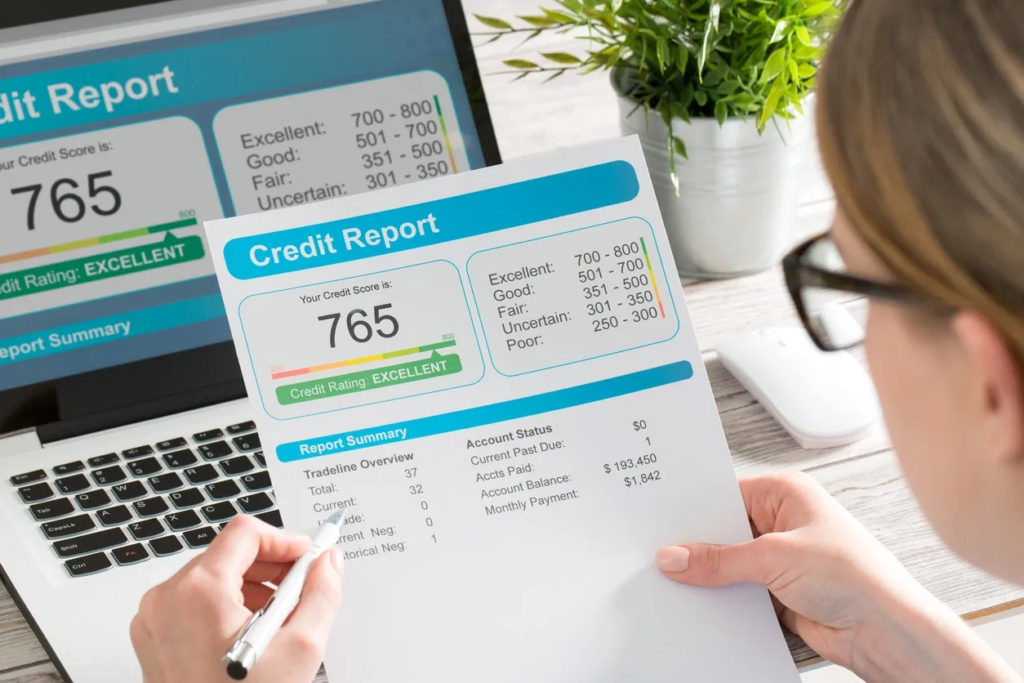6 little-known business credit hacks that you may have overlooked!
As a business owner, you’re probably familiar with the importance of good personal credit, but did you know that your business credit score can be just as important? Building a strong business credit profile can help you secure financing, get better terms on credit accounts, and ultimately grow your business. Here are some tips and best practices to help you build and maintain a strong business credit profile.

Diversify Your Credit Sources
When it comes to building business credit, it’s important to have a mix of credit accounts. This means having both revolving credit accounts (like credit cards) and installment accounts (like equipment loans or a line of credit). Having a mix of credit types can help show lenders that you are capable of managing different types of credit.
Monitor Your Business Credit Reports
Just like with personal credit, it’s important to regularly monitor your business credit reports to make sure that all the information is accurate. You can request a free copy of your business credit report from each of the major credit reporting agencies (Dun & Bradstreet, Experian, and Equifax) once per year. Reviewing these reports can help you catch any errors or inaccuracies that could hurt your credit score.


Pay Attention to Payment Terms
Late payments can hurt your business credit score, so it’s important to pay your bills on time. However, it’s also important to pay attention to the payment terms listed on your credit accounts. Some accounts may offer early payment discounts, while others may penalize you for paying late. Knowing the payment terms can help you manage your cash flow and avoid unnecessary fees.
Build Relationships with Your Creditors
Building good relationships with your creditors can be beneficial for your business credit score. If you have a good track record of making payments on time, your creditors may be more willing to extend you additional credit in the future. Additionally, having a good relationship with your creditors can help you negotiate better terms on your existing credit accounts.


Use Credit Monitoring Services
There are several credit monitoring services available that can help you keep track of your business credit score and alert you to any changes or potential issues. Some of these services can also provide you with personalized recommendations for improving your credit score.
Separate Business and Personal Finances
It’s important to keep your personal finances separate from your business finances. This means having separate bank accounts, credit cards, and financial statements for your business. Not only does this make accounting and tax preparation easier, but it also helps to protect your personal credit score in case of any business financial issues.

By following these tips and best practices, you can build and maintain a strong business credit profile that will help you secure financing and grow your business. Remember, building business credit takes time, but by taking small steps today, you can set your business up for long-term success.




